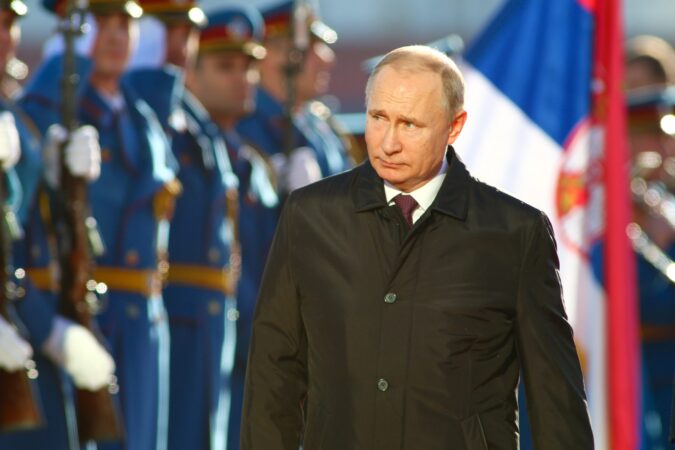The tough sanctions imposed on Russia by the West promised to have a brutal impact on the economy. However, a year later, Russia continues to resist the expectations of Western allies – everything indicates that the sanctions only modified exchange flows of goods and services, but did not deprive Russia of its oil exports or imports of intermediate goods and technology. So how did the West fail to “isolate” Russia? The answer seems obvious: Russia has a long list of “allies” that act as mediators.
In the case of oil and refined products, trade flows revealed that Russia puts its oil products in third countries that take advantage of its large refining capacity to buy Russian oil at a discount (at about $60 per barrel) and then return it to other countries. Europe, in a relatively simple process, is legal and within the limits of sanctions. Russia sells large quantities of oil to refineries in China and India, which is then converted into derivatives that eventually reach Europe.
The European Bank for Reconstruction and Development (EBRD) recently published a report in which it attempts to disentangle the trade flows behind the increase in EU exports to countries deemed allies of Russia, and economies that may act as middlemen for the Kremlin, thus preserving the “life” of the Russian economy.
EBRD experts have identified products – or groups of products – partially or wholly subject to EU sanctions that continue to be exported to Russia, as well as to several neighboring countries. Of particular interest are trade flows to Armenia, Kazakhstan and Kyrgyzstan.
“Trade mediated by various countries neighboring Russia can be used to circumvent economic sanctions but on a limited scale,” reveals the European Bank for Reconstruction and Development, in the report, “The Roundabout of Eurasia: Trade Flows to Russia Through the Caucasus and Central Asia.”
Thus, the report showed a sharp decline in the exports of the European Union, the United Kingdom and the United States to Russia after the imposition of economic sanctions in March 2022, but indicated an increase in exports to Armenia, Kazakhstan and the Kyrgyz Republic, as well as a sharp increase in trade flows. between these countries and Russia.
The data for 2022 is clear: Armenia’s exports to Russia increased by 77% compared to 2021, according to Russian data, a value that accounts for more than a third of Armenia’s total foreign trade – everything indicates that this sudden growth must include goods manufactured in third countries and re-exported From Armenia to Russia as a result of Western economic sanctions against the Kremlin.
The war brought about major changes in regional trade patterns. EBRD experts explained that direct exports from Western democracies to Russia have decreased significantly “- the EU, the US and the UK are trying to prevent Russia from buying intermediate goods and capital needed for Moscow to maintain its industry. However, Russia has managed, so far , from maintaining the production of oil, gas or minerals, which are capital-intensive industries (machines), which hinted that the country ruled by Vladimir Putin finds formulas to continue obtaining these intermediate goods.
However, this intermediary trade is only a fraction of what was previously exported directly to Russia. This situation has created an opportunity for other suppliers, such as Turkey and China, who have dramatically increased their sales to Russia,” explained Beata Javorcik, responsible for the European Bank for Reconstruction and Development and one of the authors of the study. China was initially wary after the start of invading Ukraine but later started In exporting and purchasing large quantities of goods from Russia.
Evidence suggests that trade brokered by neighboring economies can be used to circumvent economic sanctions to some extent, since the former Soviet republics are not very large economies that can maintain all the trade that Russia needs. This trade has proven to be a tool for evading sanctions or taxes. The report’s authors indicated that trade flows were more evident in the case of commodities partially subject to Western sanctions, as well as similar commodities.

“Wannabe internet buff. Future teen idol. Hardcore zombie guru. Gamer. Avid creator. Entrepreneur. Bacon ninja.”

